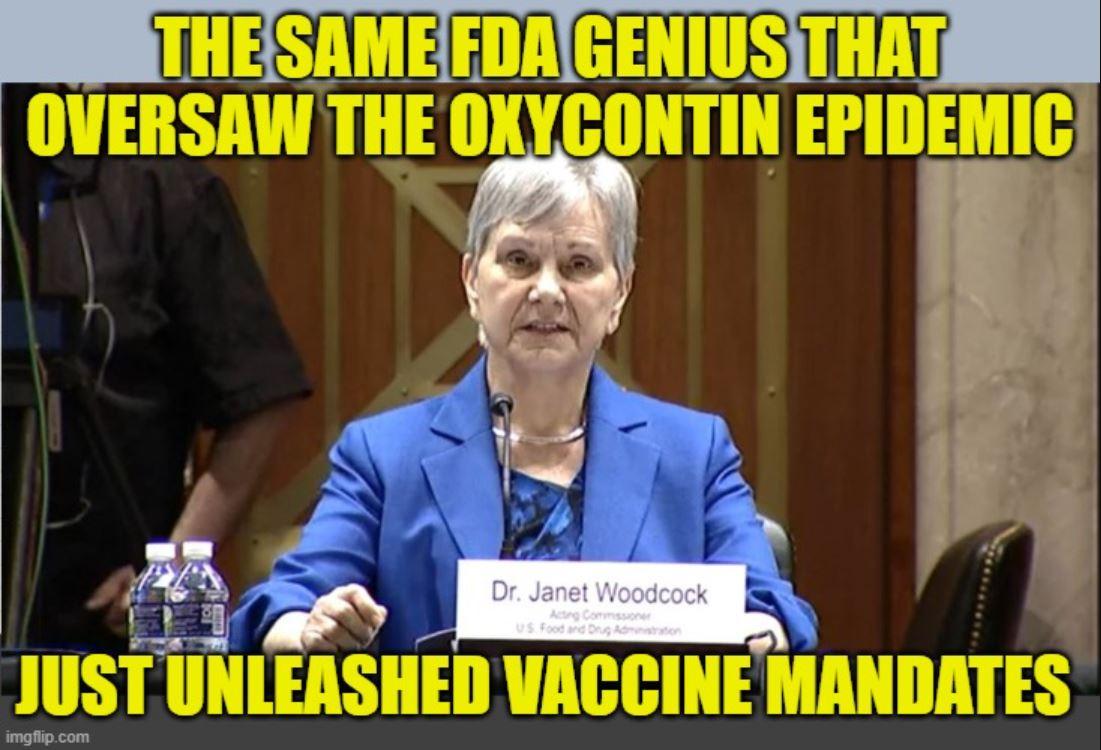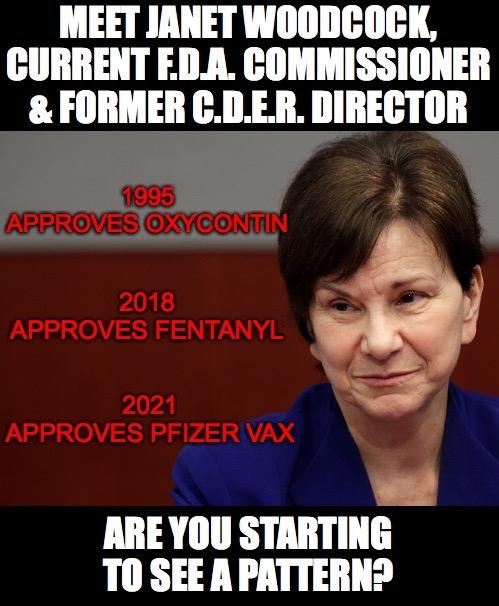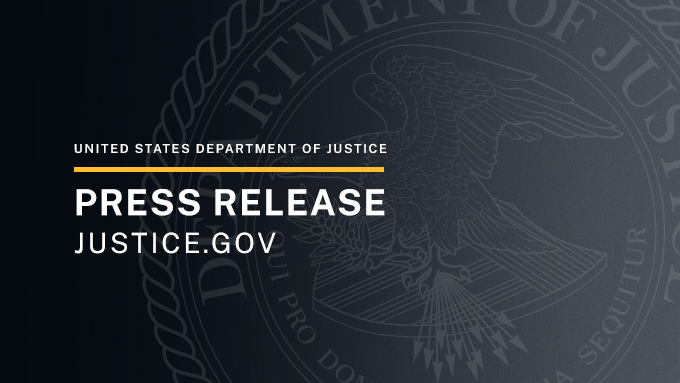they pled guilty and were forced to pay a fine, is that not proof enough for you?
of course, they are still filthy rich and nobody went to prison.
Opioid manufacturer Purdue Pharma LP (Purdue) pleaded guilty today in federal court in Newark, New Jersey, to conspiracies to defraud the United States and violate the anti-kickback statute.

www.justice.gov
Purdue pleaded guilty to an information charging it with three felony offenses: one count of dual-object conspiracy to defraud the United States and to violate the Food, Drug, and Cosmetic Act, and two counts of conspiracy to violate the Federal Anti-Kickback Statute.
“The abuse and diversion of prescription opioids has contributed to a national tragedy of addiction and deaths, in addition to those caused by illicit street opioids,” said Deputy Attorney General Jeffrey A. Rosen. “Today’s guilty pleas to three felony charges send a strong message to the pharmaceutical industry that illegal behavior will have serious consequences. Further, today’s convictions underscore the department’s commitment to its multi-pronged strategy for defeating the opioid crisis.”
“Purdue admitted that it marketed and sold its dangerous opioid products to healthcare providers, even though it had reason to believe those providers were diverting them to abusers,” said Rachael A. Honig, First Assistant U.S. Attorney for the District of New Jersey. “The company lied to the Drug Enforcement Administration about steps it had taken to prevent such diversion, fraudulently increasing the amount of its products it was permitted to sell. Purdue also paid kickbacks to providers to encourage them to prescribe even more of its products.”






